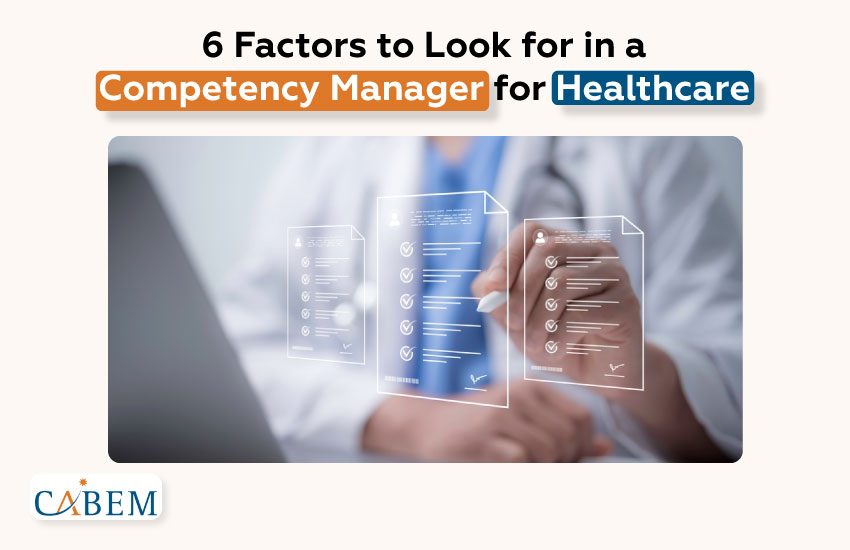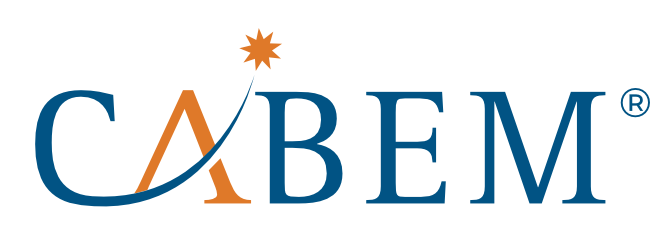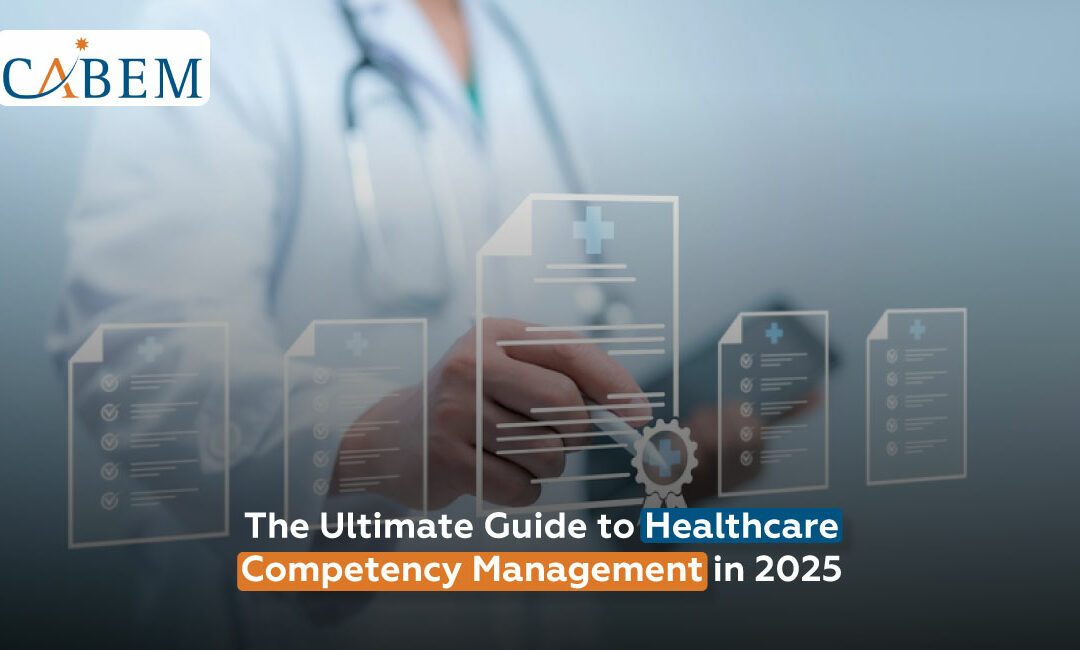The healthcare industry changed so rapidly in 2025 that competency management has become crucial to comply with the high standards of regulatory bodies and to build stronger and capable teams. To meet the expectations of patients and the needs of a rapidly changing technological landscape, healthcare providers must use a tool that ensures every team member is qualified, competent, and complies with regulations.
The traditional competency management system that works on outdated methods is no longer capable of meeting these competency goals. Competency management software can scale up, generate automated solutions to monitor clinical skills, manage credentials, and close skill gaps by providing the necessary training. Competency management software is now essential for the healthcare industry to enhance its operational excellence and patient safety.
This guide will teach you all about competency management in 2025, including the importance of competency in healthcare, the challenges organizations face, and the selection of the right competency management tool. We will also discover how CABEM’s Competency Manager helps your healthcare organization maintain its competency.
Why Competency Management Is More Important in Healthcare Than Ever
The regulatory bodies, like The Joint Commission, OSHA, and CMS, are putting massive pressure on healthcare organizations to meet the latest accreditation standards to increase regulatory oversight and enhance patient safety. To ensure safe and high-quality healthcare, these regulatory bodies are now demanding more detailed documentation and proof of continuous improvement and development in staff competency.
The other factors related to the workforce, like staff shortage, increased turnover, and wide skill gaps, are emphasized for better workforce management and competency management systems. The healthcare providers have to hire new personnel when the professional and experienced staff retire; they require healthcare support and training to develop their skills. That’s why organizations must monitor the competency of their present staff and identify their training needs to close the skill gap.
The latest competency management system provides the leadership of the healthcare organizations with real-time visibility into the present competency level of the employees. Also, it automates the process needed to stay compliant with regulatory standards. The system responds quickly to staffing changes and ensures care and patient safety.
4 Key Challenges in Managing Competencies in the Healthcare Industry
Managing competency in the healthcare industry is challenging as it faces unique problems. The traditional competency management methods are better able to handle regulatory demands as healthcare organizations are becoming more complex due to multiple departments, emerging roles, and tight regulatory standards, which lead to operational inefficiencies and gaps in compliance. Identifying the key challenges in implementing the competency system is the first step towards patient safety and operational excellence.
- Fragmented Training Records and Spreadsheets: Using outdated methods to maintain training records, like disconnected systems and outdated spreadsheets, makes it difficult to check the readiness of the workforce.
- Compliance Risk from Outdated Certifications: Not having an automated certification system poses the risk of missing expired credentials that make an organization vulnerable to fines from regulatory bodies.
- Managing Diverse Roles: Healthcare has different roles that require different training paths, making it difficult to generalize the competency management and track it without a centralized system.
- Difficulty in Tracking Ongoing Training and Credentialing: In healthcare, continuous learning is essential, but many organizations struggle to track continuing education and recertification.

6 Factors to Look for in a Competency Manager for Healthcare
To drive better outcomes, improve workforce readiness, and maintain compliance with regulatory standards, healthcare organizations must choose the right competency manager for them. A good competency manager not only offers advanced tracking capabilities, but it should also be adaptable to the fast-paced environment of healthcare. Here are the six most important features that must be present in a competency manager to meet the latest standards.
- Centralized Competency Profiles: A unified system makes it easier to manage all the training needs, certifications, and performance when they are all in one place.
- Automated Credential Tracking and Reminders: It should automatically monitor the expiration of licenses and certifications to prevent penalties from regulatory bodies.
- Role-Based Assessments: It provides training specific to each team member so that no one receives unnecessary training.
- Integration with HRIS/LMS: It should be compatible with HR platforms and learning systems to ensure better workflow and avoid duplication of work.
- Reporting Dashboards for Audits: It provides real-time insights to the leadership of the organization so that they can make informed decisions rather than relying on guesswork.
- Mobile Accessibility for On-The-Go Staff: It is compatible with small digital devices like mobiles so that employees can complete assessments and track progress from anywhere at any time.
How CABEM’s Competency Manager Solves Challenges of the Healthcare Industry
In complex healthcare systems, managing competency is more complex than ever. CABEM’s Competency Manager is purposely built to tackle these challenges and offer fully integrated custom solutions. It can handle everything from managing compliance to improving onboarding and development. This software provides tools that are needed to manage your workforce with precision.
- Automated Compliance Tracking: CABEM’s competency tool ensures that all certifications, licenses, and other regulatory requirements are up-to-date by automating alerts and renewals.
- Customizable Competency Frameworks: The system provides customizable frameworks tailored to specific roles, departments, or regulations, which make it easier to meet internal goals.
- Real-Time Reporting and Dashboards: The leadership of the organization has instant access to real-time data that helps managers to make informed decisions.
- Seamless Onboarding and Integrations: CABEM’s Competency tool can be integrated with HRIS and LMS systems, making onboarding even easier and syncing employee data to minimize duplication.
Contact CABEM & Streamline Your Healthcare Workforce Management Today!
The traditional competency management system of the healthcare industry is not capable of handling today’s high standards of competency. It needs an innovative and scalable solution that is specifically built to tackle unique challenges in this industry. CABEM’s Competency Manager empowers healthcare organizations to streamline their competency management by providing centralized training, managing compliance, and reducing the burden on administrative teams so that they can utilize their time on more strategic tasks. CABEM helps you whether you are preparing for an audit from government regulatory bodies or closing skill gaps in your organization’s workforce.
CABEM is trusted by leading hospitals, clinics, and other health providers due to its adaptability, real-time reporting, and integration with HR and learning systems. Take the first step towards the betterment of your workforce and stay compliant with regulatory standards. Contact CABEM today to discuss how our competency manager can help your team stay compliant and ready to meet the challenges that 2025 will bring.
FAQs
- What is the importance of measuring competencies in healthcare?
Measuring the competency of the team ensures that the healthcare professionals of your organization have the proper skill set and knowledge to deliver safe and high-quality healthcare.
- How to measure competencies in healthcare?
Many methods can be used to measure the competency of employees, like role-based assessment, skill checklist, and direct observation.
- What makes a competency manager solution truly effective for healthcare?
A good competency manager should have centralized tracking, automated compliance alerts, and role-based assessments. It must be customizable to meet the specific needs of each organization.
- What sets CABEM’s system apart from other competency management solutions?
CABEM built its competency manager specifically for the healthcare industry. It provides all the tools that are needed to streamline competency management, like a centralized record system, real-time reporting, and automated alerts.

